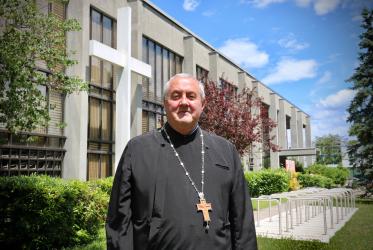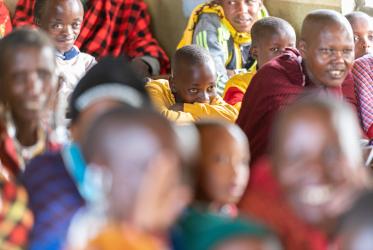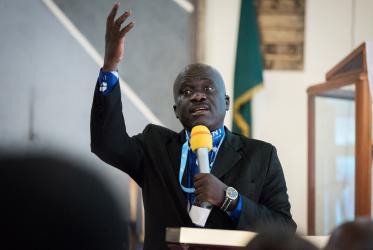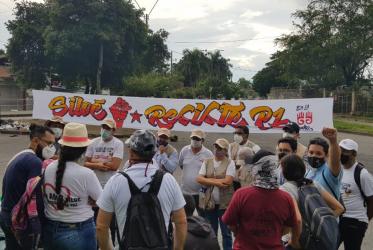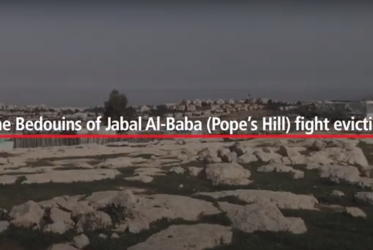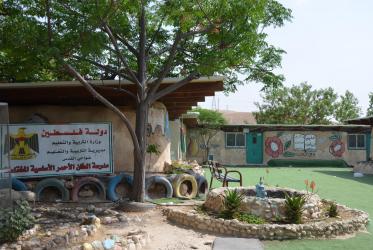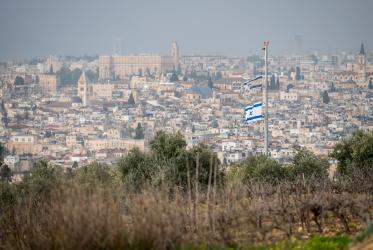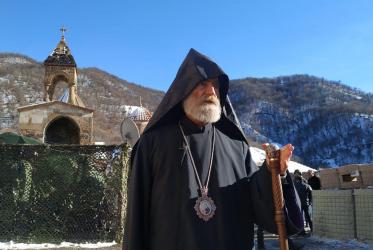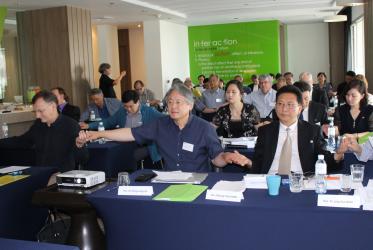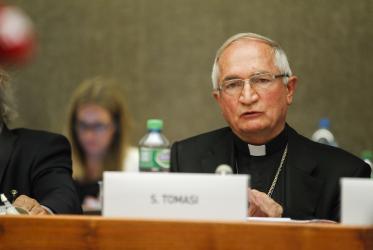Displaying 161 - 180 of 208
Video: Freedom to worship - Easter Initiative 2021
01 April 2021
Video: Khan Al Ahmar - Easter Initiative 2021
01 April 2021
Bedouins of Pope’s Hill fight eviction
30 March 2021
East Jerusalem: Denied citizenship and the vote
30 March 2021
Peace and unity on the Korean Peninsula matters globally
25 February 2021
